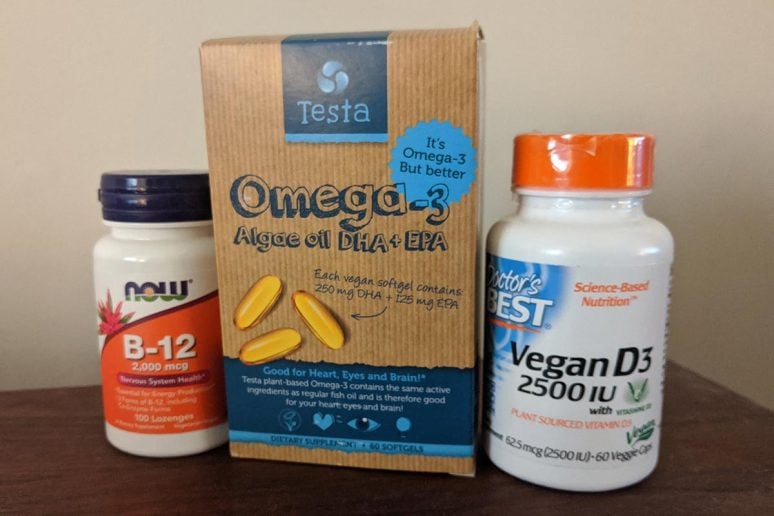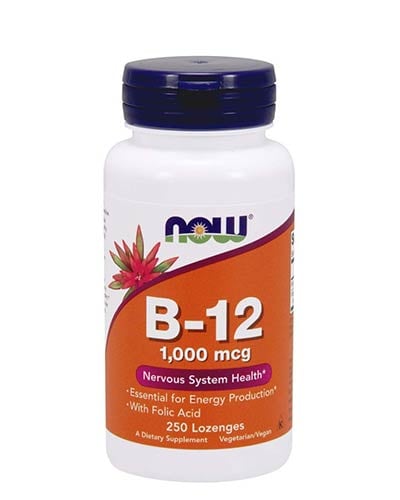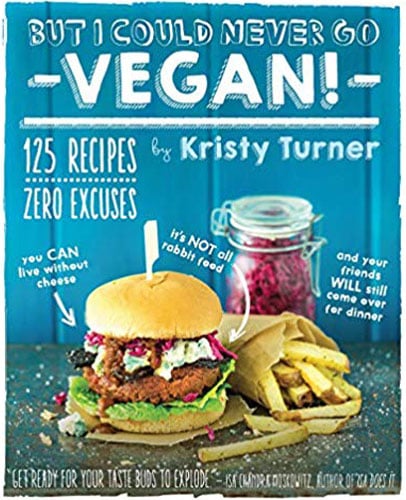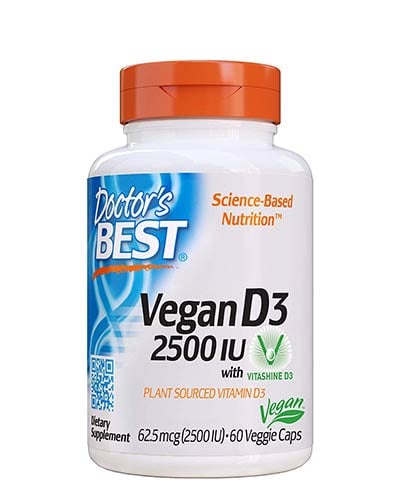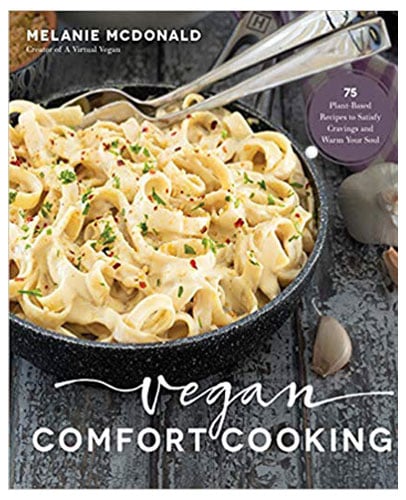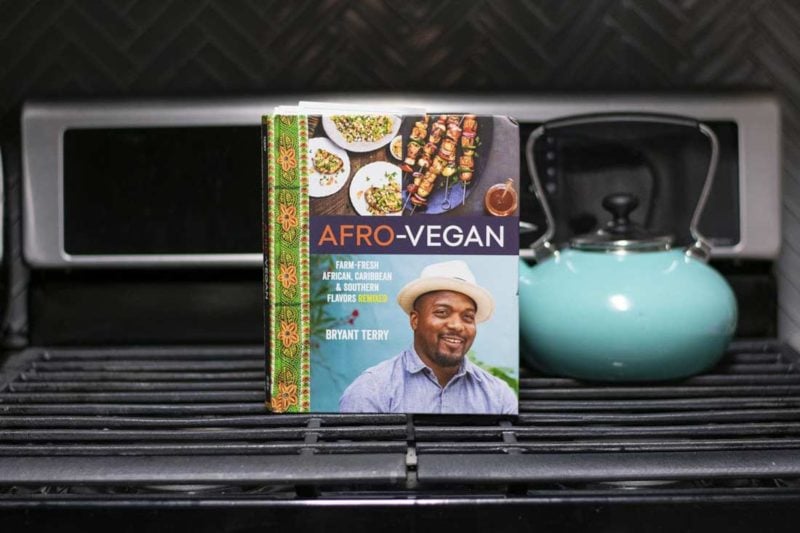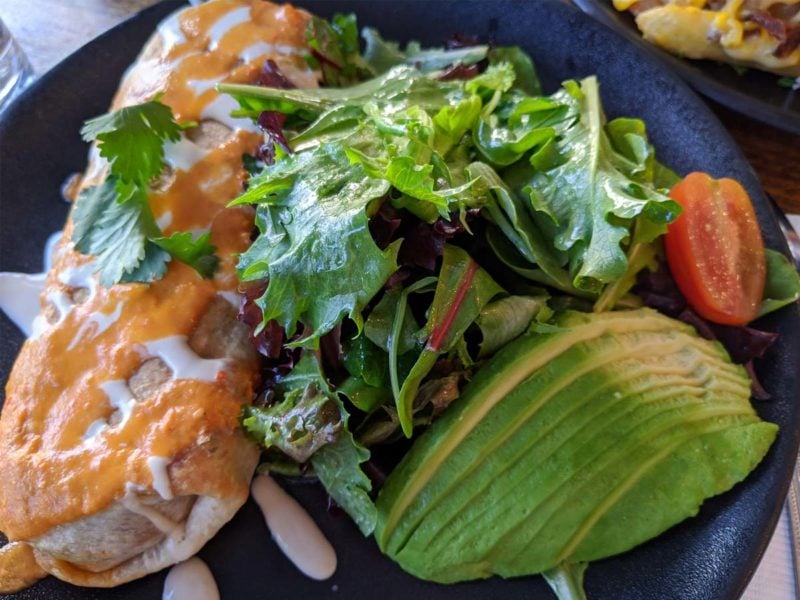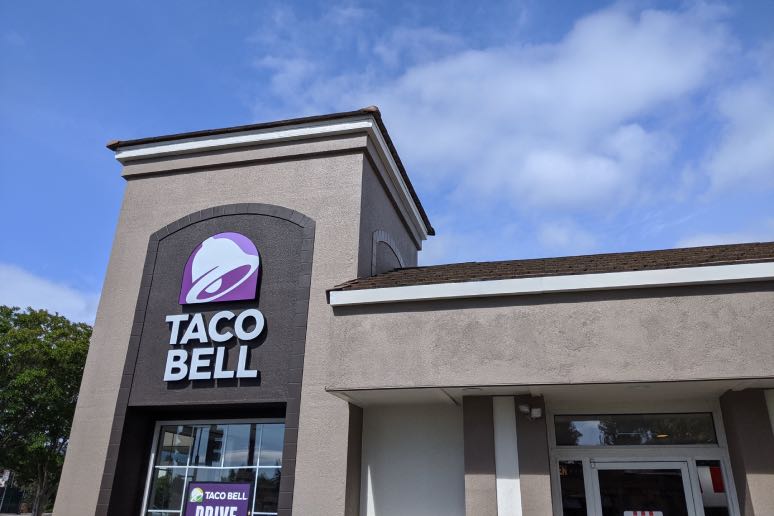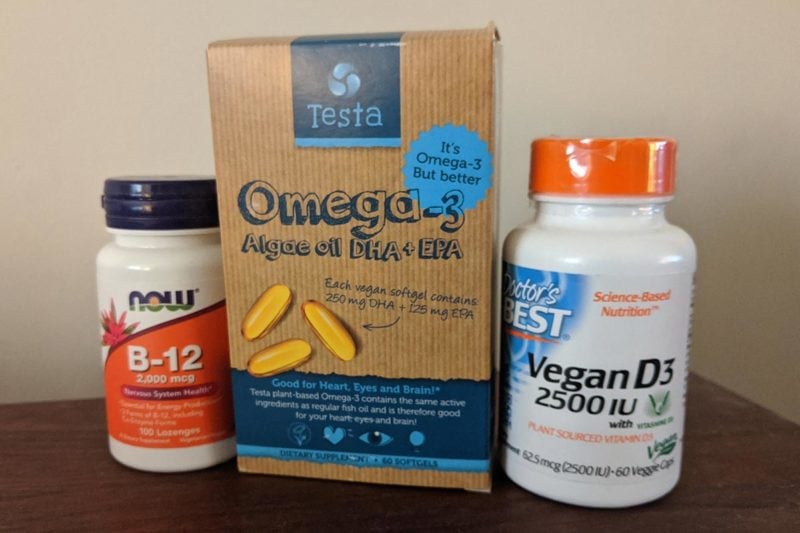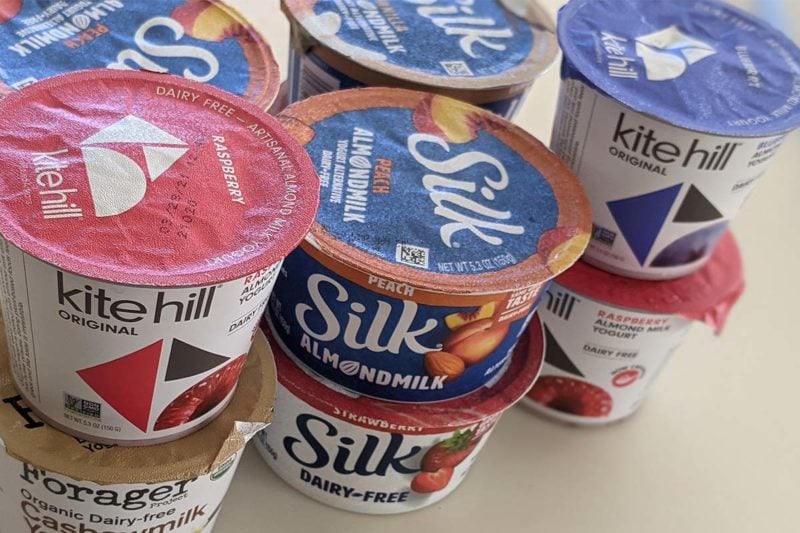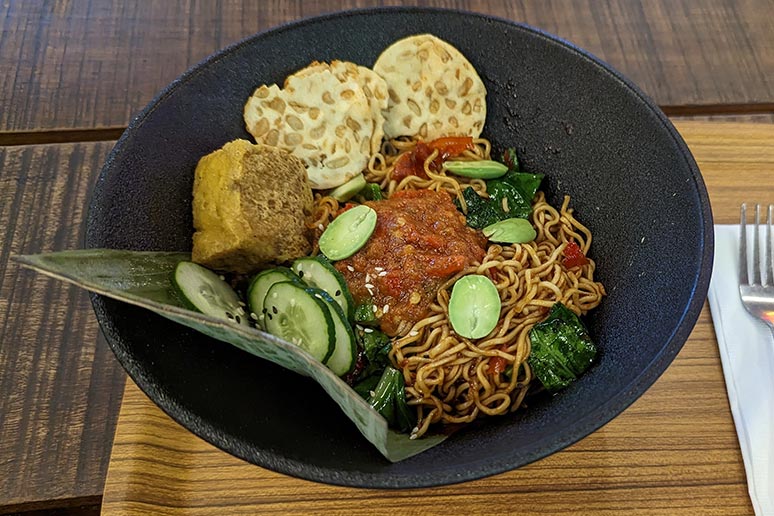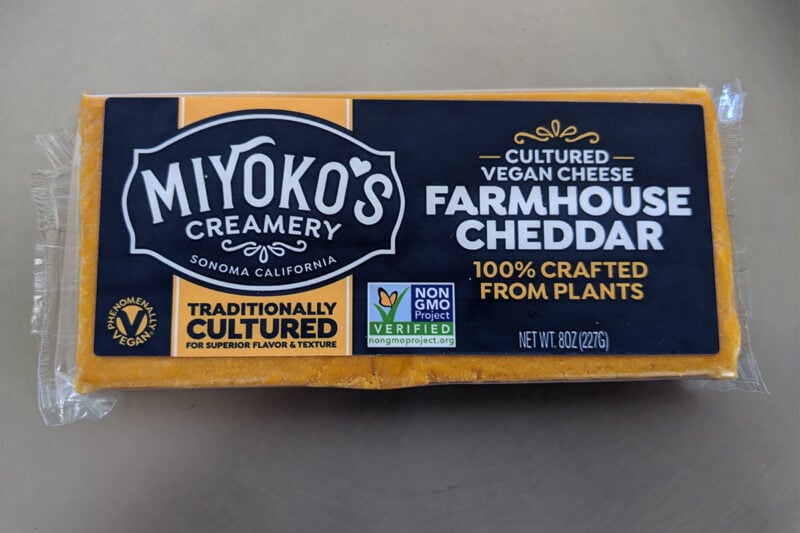Introductory note: I’ve created this page to help you find the best deals on exactly the vegan vitamins you need. On the one hand, some people blow huge amounts of money on useless and overpriced vitamins. But on the other hand, well-chosen supplements offer a reliable and inexpensive way to avoid nutrient deficiencies.
In researching this page, I’ve spent hours and hours combing Amazon.com to find the products of greatest interest to vegans. In all cases, I comparison shopped to find the vegan offerings that deliver the greatest bang for the buck. These are exactly the products I buy for myself. Neither I nor Vegan.com receive any endorsement money from any of these brands. Whenever I discover a better deal than what I’m currently linking to, I update the recommended product accordingly. I am confident you’ll find this page of value anytime you need to replenish your supplements.
What are the Most Important Vitamins for Vegans?
Vegans and omnivores alike should be on guard against nutrient deficiencies. Regardless of what sort of diet you follow, eating with nutrition in mind can go a long way toward keeping you out of trouble. For vegans, that means plenty of vegetables, whole grains, beans, and fruit—plus a small amount of nuts or seeds each day. But even with all this taken care of, some vegans will fall short on a few key nutrients, especially B12, Vitamin D, calcium, iodine, protein, and zinc.
This guide brings together key information about supplements that are of special interest to vegans.
Vegan Vitamin B12
If you research Vitamin B12 online, you will likely encounter loads of potentially dangerous misinformation. Here is what you need to know:
The only vegan foods that reliably contain significant amounts of B12 are those that have been fortified with lab-cultured B12. And because people vary greatly in their ability to absorb B12, it’s quite possible to be low or deficient even if you consume 100 percent of the U.S. RDA every day. Vegans and omnivores alike should get their blood tested occasionally, and adjust their supplement regimen if B12 levels fall below 500 pg/mL. Some people, particularly those over age 60, absorb this nutrient so poorly that regular B12 injections are prudent.
Sublingual B12 Supplements are the Best Choice
B12 deficiency can cause a variety of health problems, including potentially irreversible nerve damage that often occurs before noticeable symptoms arise. The easiest way for most people to avoid a deficiency is to take a B12 supplement containing at least 1000 micrograms of B12 two or three times a week. The best B-12 supplements are lozenges or tablets that are labeled “sublingual.” Let the lozenge or tablet sit under your tongue to dissolve—the B12 will be absorbed by your mouth’s capillaries more efficiently than if you swallowed the dose. While side effects of B12 supplementation are extremely rare, consult your physician before taking more than about 7,000 micrograms of B12 per week. There are other forms of B12 supplements like nasal sprays, but nothing compares to sublinguals when it comes to purchasing highly absorbable B12 for the best price.
The supplement industry uses two different B12 molecules: cyanocobalamin and methylcobalamin. Some people are adamant that methylcobalamin is best, but clinical evidence currently leans toward cyanocobalamin being the better choice (although either molecule will probably be fine). I personally buy Now’s 1000 mcg cyanocobalamin lozenges, since they offer the biggest bang for the buck in terms of dosage and number of tablets. Most vegans can cover their B12 needs by taking one tablet of this product every couple of days.
Vegan Vitamin D
Vitamin D primarily comes from three sources:
- by exposing your skin to direct sunlight
- through drinking fortified milks (vegan or cow’s)
- via supplements
Most people, both vegans and omnivores, can benefit from vitamin D supplements. Unfortified foods do not provide vitamin D.
Even though exposure to sunlight will generate vitamin D, you’re probably better off taking a supplement. That’s because your body requires strong direct sun exposure on most of your skin to produce sufficient Vitamin D. This can’t happen during winter months in temperate climates since—even if you bare your skin despite the cold—the sun sits too low in the sky for sufficient Ultraviolet B rays, which generate the vitamin, to reach your skin. Also, exposing skin to direct sunlight leads to premature wrinkles and aging.
Until recently, no company offered a vegan version of vitamin D3 (the most common vitamin D molecule). Vegans had to buy the less potent and more expensive vitamin D2. But starting about a decade ago, several vegan D3 brands came to market. Pure and Essential’s Vegan Vitamin D3 is the most economical product I have found, and it comes in easy-to-swallow vegan tablets.
See my my vitamin D page for extensive coverage of this topic.
Calcium
The good news for vegans is that many non-dairy milks contain more calcium than cows’ milk—of course you’ll want to check the label to confirm your favorite brand packs a sufficient dose of calcium. Drinking these products daily and regularly eating tofu that lists calcium sulfate in its ingredients can go a long way towards ensuring adequate calcium intake. Kale offers another excellent source of calcium, and it’s packed with other important nutrients too. Beans vary widely in the amount of calcium they contain, with soybeans and white beans offering the most.
If you don’t consume much calcium-rich vegan milk, beans, greens, or tofu, it can be hard to meet the US RDA of 1000 milligrams per day. In this situation, a vegan calcium supplement can help. Some calcium supplements are made from oyster shells (the vegan status of these supplements is debatable, though, since the calcium in “oyster shell” supplements is commonly mined from oysters who died decades or centuries ago). More problematically, many calcium supplements either contain lanolin-derived vitamin D, or they come either in gelatin capsules or as tablets with non-vegan coatings.
But reliably vegan calcium supplements are indeed available. Perhaps the best choice is Deva’s Vegan Calcium with Magnesium. Each tablet contains about a third of the RDA for calcium, so it’s a convenient way to close the gap. Plus, this brand includes vegan vitamin D, which can improve calcium absorption.
Learn more about this crucial nutrient on my calcium page.
Protein Powders
One of the few good things you can say about meat and eggs is that they’re full of protein. So if you remove these foods from your diet you should pick up the slack with other protein-rich foods.
Adults ought to consume, on a daily basis, about one gram of protein per kilogram of body weight. On top of this, much of this protein should come from lysine-rich foods like beans, nuts, seeds, and quinoa. One way to help ensure you’re getting sufficient protein is to get into the habit of choosing meals that contain at least one protein-rich item. If, for whatever reason, you find you’re still coming up short—or you don’t eat many lysine-rich foods—a vegan protein powder can help you make up the difference.
Beans and wheat gluten are two of the richest protein sources, but some people have difficulty digesting these foods. In these cases, vegan protein powder can serve as a handy alternative. Just one scoop mixed into water provides nearly the amount of protein as an entire 16-ounce can of beans!
Amazon carries all the top brands of vegan protein powder. My favorite is Orgain Organic Protein Powder in vanilla or chocolate. Orgain’s protein powder contains the same high-quality organic ingredients found in premium brands costing twice the price. Plus it also packs in some omega-3s thanks to organic chia seeds. If you decide to give protein powder a try, I highly recommend also buying a 16-ounce shaker jar. These jars are tough to find in the 16-ounce size because shaker jars are primarily used for electrolyte drinks that are consumed in larger amounts.
Omega-3 and DHA
There is excellent reason to include omega 3 fats in your diet. While these fats are abundant in cold-water fish, there are also excellent vegan sources of omega 3. These include:
- walnuts
- chia seeds
- flax
- hemp
- pumpkin seeds
Of these, flax and chia offer the richest sources of omega 3. Note, however, that flax seed must be ground to permit proper digestion.
Adding chia to your smoothies is probably the easiest way to meet your omega 3 needs. If you’re not into smoothies, there are numerous other ways to consume chia. A tablespoon of chia per day is all it takes to meet your body’s omega 3 needs. VivaNaturals organic raw chia seeds are inexpensive and available from Amazon.com.
You can also meet your omega 3 needs by eating a dozen or so walnut halves a day.
DHA and EPA Fatty Acids
Even if you consume plenty of Omega-3s, your body may not sufficiently convert these fats to DHA and EPA. Fortunately, there are several vegan DHA/EPA supplements on the market. Of all supplements of special interest to vegans, these are probably the most expensive. That’s because the vegan brands are derived from algae rather than fish. But not only is vegan DHA/EPA more humane and eco-friendly, because it’s sourced lower on the food chain you’ll be exposed to less mercury and other heavy metals. Prices have dropped significantly on these supplements as the market for vegan DHA/EPA has expanded and grown more competitive. However, they’re still by far the most expensive supplement you’re likely to take.
The cheapest vegan DHA/EPA that I’ve found (measured by multiplying capsules per bottle and dosage per capsule and dividing that figure into the price per bottle), are Amala Vegan Omega 3 and Testa Omega 3 Algae Oil. You can find cheaper brands with the same number of capsules per bottle, but many carry a much smaller dosage.
If you live in a hot climate, order these capsules during cooler months to prevent exposure to heat during shipment. Too much heat will turn the oils in these capsules rancid.
Multivitamins
If you follow a well-planned vegan diet, you’re probably already getting abundant amounts of most of the nutrients a multivitamin provides. But a few nutrients may fall through the cracks, so a vegan multivitamin may still be advisable. Few vegan foods are good sources of zinc or iodine, so for many vegans these two nutrients are reason enough to take a multivitamin.
Multivitamins typically contain 100 percent of the B12 RDA. But keep in mind that many people won’t absorb sufficient B12 from a daily tablet containing 100 percent of the US RDA, partly because the dosage is relatively low and partly because B12 absorption from conventional tablets is inferior to sublinguals.
Avoid buying a multivitamin that contains iron unless your doctor recommends it based on blood work. Supplements can easily push your iron intake past recommended levels, and taking in too much iron can be as hazardous as taking too little.
If you decide you’d benefit from a multivitamin, Deva’s iron-free Tiny Tablet Vegan Multivitamin is an excellent cost-effective choice.
Iron
A number of vegan foods are excellent sources of iron. These include leafy green vegetables, seaweed, and some types of beans. That said, obtaining sufficient iron can pose a challenge for some people, especially women of child-bearing years. If your food-based iron intake through proves insufficient, you can easily meet your needs with iron supplements, or through a multivitamin that includes iron. You can read my guide to iron for more information on this topic.
Iron is harmful if consumed in excess, so it’s probably best avoid supplements except on the advice of your doctor based on your blood work. One of the most affordable vegan iron supplements on the market is Deva’s Vegan Chelated Iron.
Note that vitamin C can significantly increase iron absorption, either when taken along with an iron supplement or ingested together with an iron-rich food. You need not buy a Vitamin C supplement for this; a squeeze of lemon taken in water alongside your iron will do the trick.
Children
Since children are often less likely than adults to eat with nutrition in mind, a multivitamin can safeguard against deficiency. VegLife makes a chewable Vegan Kids Multi-Vitamin that’s formulated to match the nutritional needs of children.
Prenatal
If ever there is a time to guard against nutrient deficiencies, it’s during pregnancy. Deva’s Prenatal Multivitamin is specifically formulated to cover the needs of expectant mothers. In addition to what a multivitamin can provide, you should pay particular attention to calcium and DHA. For extensive information on nutritional needs during pregnancy, please see our Vegan Pregnancy Guide.

